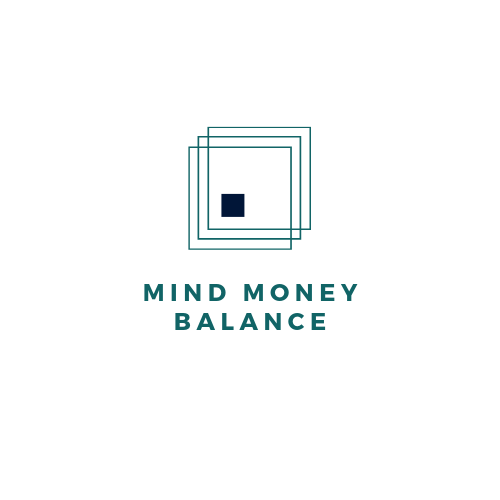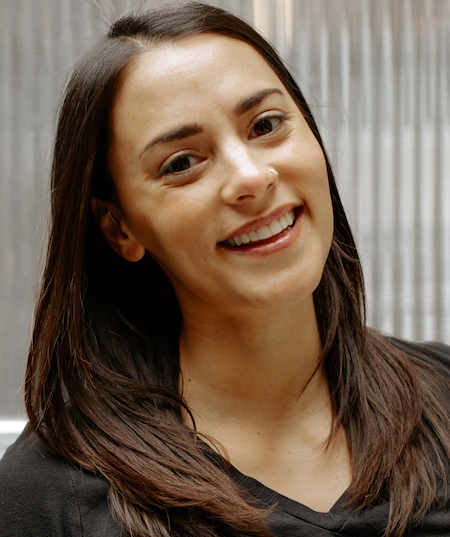Lindsay Bryan Podvin | Source | Financial Therapist at Mind Money Balance

Lindsay Bryan Podvin
I'm a biracial financial therapist (LMSW) and wellness expert, speaker, and author of the book "The Financial Anxiety Solution." A practicing social worker since 2012, I use a shame-free approach to help people get their minds and money in balance by focusing on the intersection of money and mental health. While financial literacy is important, money is rooted in emotions and impacted by the systems around us. I’m the facilitator of the Financial Empowerment Initiative, a 5-part workshop series on financial wellness at the Center for the Education of Women+ at the University of Michigan. I am a certified practitioner in the Trauma of Money Method™, CFT-I™ (Certified Financial Therapist™) through the Financial Therapy Association, and I have my Financial Social Work certificate.
-

Mind Money Balance
Financial Therapist
-
How to take care of yourself and your finances when you've experienced a layoff
“When we are laid off, unemployment can feel really aimless, especially if it came at us kind of out of nowhere,” Bryan-Podvin said. Having a routine can help you take care of your mental health and keep a cadence of applying to jobs.
Article -
21 Smart Ways to Save on Family Groceries in 2025, According to Experts
“As a financial therapist, I encourage a shame-free, flexible approach to saving money on food that reduces waste and honors real-life energy and capacity. The best food budget is the one that works.”
Article -
How to Resist Impulse Buying, According to Financial Therapists
No one’s saying you can never partake in some impromptu retail therapy—in fact, doing so “can release a bunch of feel-good hormones like dopamine,” Lindsay Bryan-Podvin, LMSW, CFT, a certified financial therapist and author of The Financial Anxiety Solution, tells SELF. However, “if random shopping sprees are regularly impacting your ability to pay your bills or you’re using it as a coping mechanism, that’s when it becomes a problem.”
Article
-
Financial Therapist Advocates for Multiple Bank Accounts
Lindsay highlights three key reasons: clarity on goals, reduced temptation, and improved tracking. Separate accounts for specific goals like "Emergency Fund" and "Vacation" provide motivation. Different accounts also help curb impulse spending and streamline tracking for irregular expenses, promoting better financial decisions. -
Therapist Warns of Viral Trend Fatigue: Time to Reset This Autumn
Lindsay explains, “Trends change rapidly, creating exhaustion as we try to keep up.” She suggests autumn as a time to reset, associating it with back-to-school vibes and organization. “Experiment with hitting 'pause' on social media or set timers to manage usage,” she advises.
-
The first step is starting an emergency fund – even if you’re only adding a few dollars at a time. I know a lot of viewers are going to be like, ‘Lindsay, I don’t even have time to think about an emergency fund. I’m just trying to make ends meet.’ Any time you can scrap away ten-dollars here, 30-dollars there, it again just gives you a little bit of peace of mind that if something were to happen, you’re not totally at zero in that bank account.
-
Many of us don't see our family and friends as often as we'd like (hello, life) and to make up for lost time, we give with tangible things like gift.
:max_bytes(150000):strip_icc()/CopyofShadow56-27e7a59a80044910ba968ac4ee8d455e.jpg)


